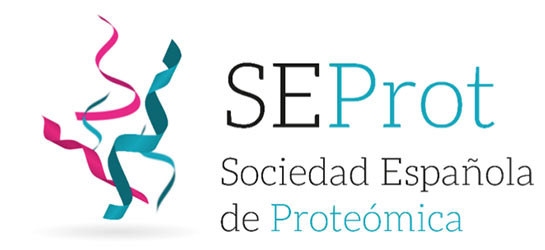Phosphoproteomic Analysis of Platelets in Severe Obesity Uncovers Platelet Reactivity and Signaling Pathways Alterations
María N. Barrachina , Lidia Hermida-Nogueira , Luis A. Moran , Vanessa Casas , Sarah M. Hicks , Aurelio M. Sueiro , Ying Di , Robert K. Andrews , Steve P. Watson , Elizabeth E. Gardiner , Joaquin Abian , Montserrat Carrascal , María Pardo , Ángel García
Arteriosclerosis, Thrombosis and Vascular Biology volume 41:478-490 (2021);
Abstract:
Objective:
Obesity is associated with a proinflammatory and prothrombotic state that supports atherosclerosis progression. The goal of this study was to gain insights into the phosphorylation events related to platelet reactivity in obesity and identify platelet biomarkers and altered activation pathways in this clinical condition.
Approach and Results:
We performed a comparative phosphoproteomic analysis of resting platelets from obese patients and their age- and gender-matched lean controls. The phosphoproteomic data were validated by mechanistic, functional, and biochemical assays. We identified 220 differentially regulated phosphopeptides, from at least 175 proteins; interestingly, all were up-regulated in obesity. Most of the altered phosphoproteins are involved in SFKs (Src-family kinases)-related signaling pathways, cytoskeleton reorganization, and vesicle transport, some of them validated by targeted mass spectrometry. To confirm platelet dysfunction, flow cytometry assays were performed in whole blood indicating higher surface levels of GP (glycoprotein) VI and CLEC (C-type lectin-like receptor) 2 in platelets from obese patients correlating positively with body mass index. Receiver operator characteristics curves analysis suggested a much higher sensitivity for GPVI to discriminate between obese and lean individuals. Indeed, we also found that obese platelets displayed more adhesion to collagen-coated plates. In line with the above data, soluble GPVI levels—indicative of higher GPVI signaling activation—were almost double in plasma from obese patients.
Conclusions:
Our results provide novel information on platelet phosphorylation changes related to obesity, revealing the impact of this chronic pathology on platelet reactivity and pointing towards the main signaling pathways dysregulated.
Enlace: https://www.ahajournals.org/doi/10.1161/ATVBAHA.120.314485

